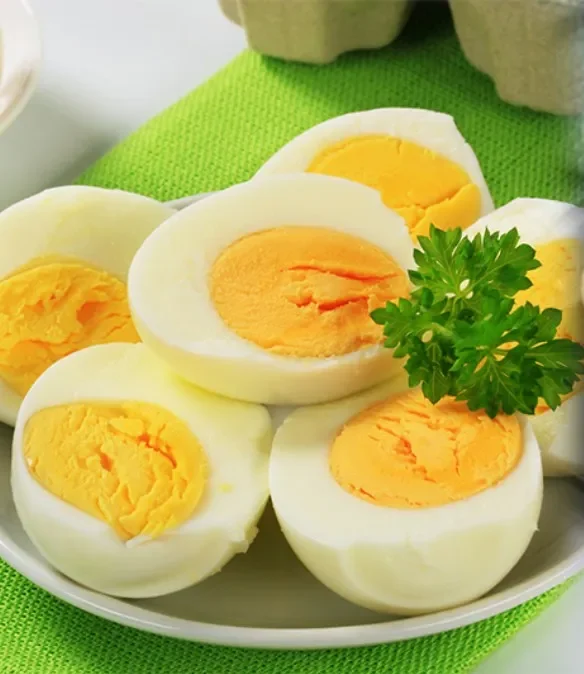Protein has become the buzzword of modern nutrition and for good reason. It fuels muscle repair, supports metabolism, and helps you stay fuller for longer. As people grow more health-conscious, the first meal of the day breakfast has become a key focus for adding high-quality protein. Among the most common contenders on Indian plates are eggs and paneer, both considered excellent protein sources. But which one deserves a regular spot on your breakfast table?
To find out, we compare their nutritional profiles, benefits, and suitability for different diets. Whether you’re a fitness enthusiast, a vegetarian, or just trying to eat healthier, understanding how these two stack up can help you make smarter breakfast choices.
Eggs: The Compact Protein Package
Eggs are widely regarded as one of the most complete protein sources available. A single large egg provides around 6–7 grams of high-quality protein, containing all nine essential amino acids that the body cannot produce on its own. These amino acids help repair tissues, build muscle, and boost overall strength.
In addition to protein, eggs deliver an impressive array of micronutrients including vitamin B12, vitamin D, and selenium which are vital for nerve function, bone health, and immunity. Despite their nutrient density, eggs are low in calories (around 70 calories per egg) and fat, making them ideal for those looking to maintain or lose weight.
Paneer: The Vegetarian Protein Powerhouse
For vegetarians who avoid eggs, paneer (Indian cottage cheese) serves as an excellent alternative. Made by curdling milk with lemon juice or vinegar, paneer is naturally rich in protein, calcium, and phosphorus. A 100-gram serving offers roughly 18 grams of protein, which is higher than that of two eggs combined.
Paneer is also a great source of calcium, supporting bone and dental health. However, it tends to be higher in fat, especially saturated fat, so portion control is important. Opting for low-fat paneer or homemade versions made from toned milk can help keep the calorie count in check while preserving its protein benefits.
Nutritional Face-Off: Egg vs Paneer
When comparing the two, both eggs and paneer have unique nutritional advantages. Eggs provide a leaner source of protein with fewer calories and a more complete amino acid profile, which is particularly beneficial for people following a low-calorie or high-protein diet. Paneer, on the other hand, offers more protein per gram and contributes valuable calcium, which eggs lack.
In terms of digestion and versatility, eggs have an edge. They cook quickly and can be enjoyed boiled, scrambled, poached, or as omelets. Paneer, though slightly heavier, can be added to salads, wraps, or cooked with vegetables for a hearty meal. Both can easily fit into a balanced diet depending on individual preferences and dietary needs.
Health Goals: Which One Should You Pick?
If your goal is weight management or lean muscle gain, eggs might be the better choice. They are low in calories and fats, and the protein quality supports faster muscle recovery post-workout. The yolk often avoided actually contains most of the egg’s vitamins and healthy fats, so eating whole eggs in moderation is beneficial.
For vegetarians or those seeking bone-strengthening foods, paneer is unmatched. Its calcium and phosphorus help maintain bone density and muscle function. However, because it contains more fat, it’s best consumed in moderation or balanced with other low-fat, high-protein foods throughout the day.
Final Verdict: Balance Is the Key
Ultimately, both eggs and paneer are excellent breakfast choices and neither needs to be eliminated. Eggs are perfect for quick, light meals that provide energy without heaviness. Paneer offers a more filling option, ideal for those who prefer a substantial start to their day.
The smartest approach is inclusion and balance. Rotate between eggs and paneer through the week, experiment with healthy recipes like paneer bhurji or boiled egg toast, and let your breakfast plate be both nutritious and satisfying. Whether you choose the egg’s compact nutrition or paneer’s creamy richness your body will thank you for the protein boost.


